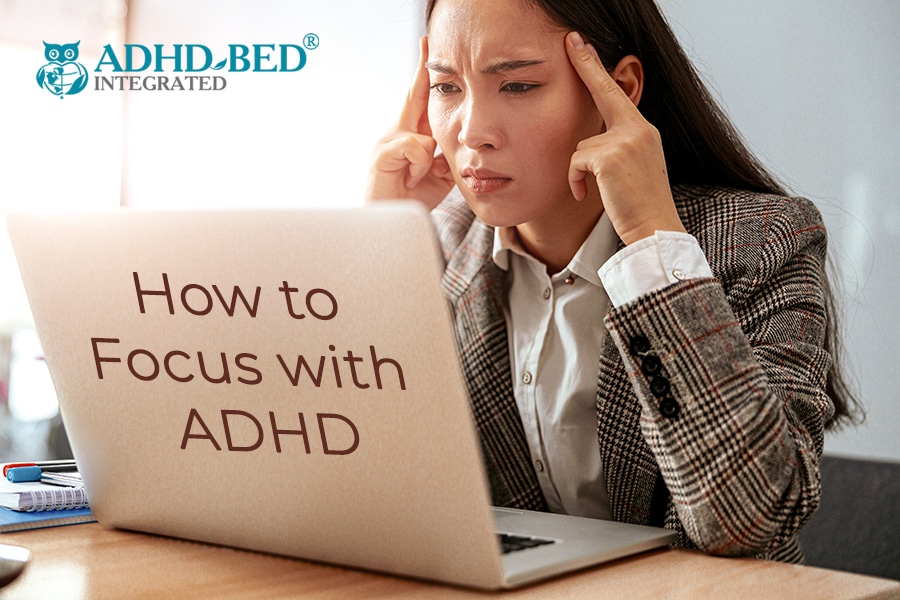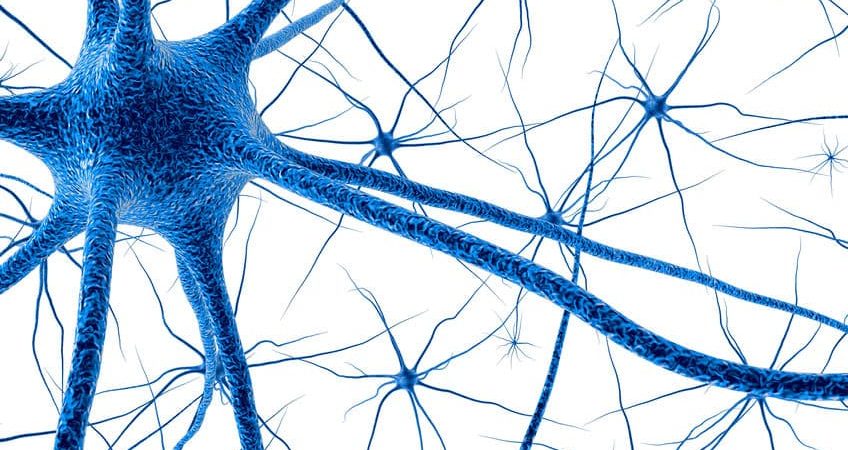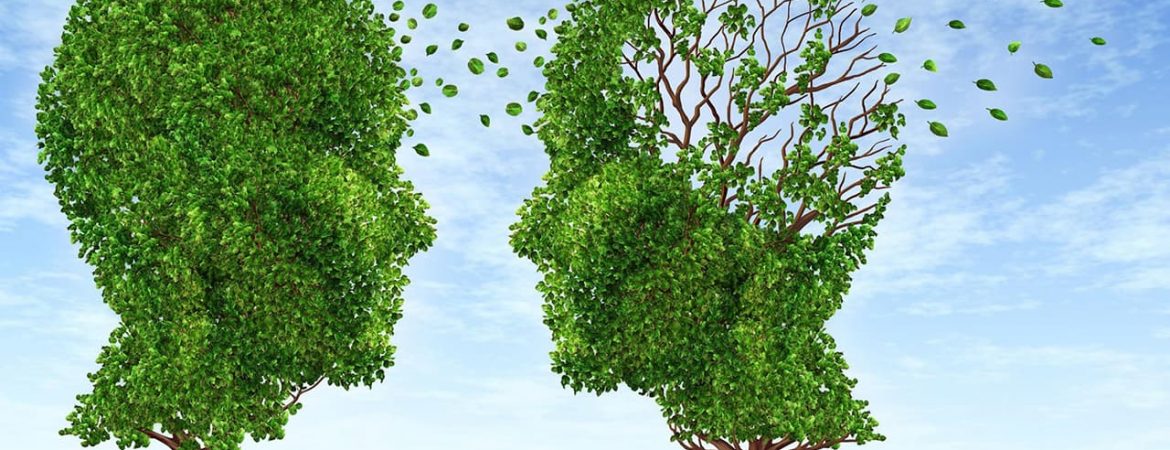Table of Contents
Introduction to How to Focus Better with ADHD
Attention Deficit Hyperactivity Disorder (ADHD) is the most common neurodevelopmental disorder, characterised by deficits of inattention, hyperactivity and impulsivity. ADHD typically begins in childhood and may become a long-term condition persisting into adulthood. Common signs and symptoms include having trouble focusing or concentrating for longer periods of time, being disorganised, forgetfulness, being unable to sit still, fidgeting and high impulsivity.
Arguably, these symptoms can be experienced by anyone – it is normal to lose focus and get distracted. However, with ADHD, these symptoms go beyond normality and can create many problems in daily lives of individuals living with ADHD. For example, not being able to focus when required can be rather cumbersome, especially in situations like studying in the classroom or doing work in the office. This is the reason why it is important for people with ADHD to learn the strategies to improve their focus and attention, which will help them cope with their symptoms and lead a better quality of life.
Why ADHD Makes It Hard to Focus
One of the main symptoms of ADHD is the inability to focus or have sustained attention for long periods of time. The reason why ADHD makes it difficult to focus has a strong neurobiological explanation.
An important part of the neurobiological mechanisms of the brain, that is largely impacted by ADHD, is the release of certain neurotransmitters in the brain. Neurotransmitters are the chemicals released by neurons of the brain as a means of communicating and transmitting information from one part of the brain to another. These neurotransmitters include dopamine and noradrenaline, which work hand-in-hand to allow for cognitive processes like attentional control and behavioural regulation to occur. In an ADHD brain, there is a significant reduction of dopamine and noradrenaline, resulting in the behavioural and cognitive deficits seen in ADHD, such as the inability to remain focused for a long period of time.
Stressful Environments for People with ADHD
Research has found that people living with ADHD are more likely to experience stress and be exposed to stressful situations in their lives, compared to other neurotypical individuals. For many ADHD patients, stress has been reported to exacerbate and worsen their ADHD symptoms. If someone who has a hard time paying attention is placed in a chaotic environment filled with distraction, it is inevitable that they would feel copious amounts of stress, which would only further reinforce their inability to focus.
As such, in light of alleviating the lack of focus that comes with ADHD, it is a good idea for ADHD patients to seek help in managing their stress levels and avoid stressful environments that would only complicate the remedial process.
Some stressful environments include:
- Places that are noisy
- Cluttered or messy spaces
- Unstructured environments that are filled with distractors
How To Focus When You Have ADHD
ADHD Focus Techniques: With Medication
Medication is an effective treatment method commonly used to treat ADHD, particularly with symptoms like lack of focus. Stimulant medications are prescribed by licensed providers for their patients.
The two most common medications used to treat ADHD are methylphenidate and dexamphetamine, both of which are stimulant medications. Stimulant medications work by targeting the areas of the brain that release dopamine, a chemical (i.e., neurotransmitter) known to be abnormally low in levels within ADHD patients. Essentially, medications act on the neurons of the brain to increase dopamine levels.
Upon starting stimulant medications, most adults with ADHD have reported positive outcomes, with improved attentional and emotional control, better concentration and an overall reduction in the severity of their ADHD symptoms. However, other patients do not have similar pleasant experiences due to the side effects that may arise from using stimulant medications. These side effects may include a decreased appetite, difficulties sleeping, irritability and headaches.
Common brands of stimulant medications include Concerta, Ritalin and Vyvanse. They can be prescribed by a psychiatrist or general practitioner.
ADHD Focus Techniques: Without Medication
There are many non-medication treatment methods that have been developed to treat ADHD. Some examples include cognitive behavioural therapy, mindfulness, ADHD coaching, parent training and more.
These treatments have been demonstrated to be effective in improving the severity and frequency of the ADHD symptoms like lack of focus and concentration, high hyperactivity and emotional dysregulation.
10 Focus Techniques for Adults with ADHD
Here are 15 simple tips and tricks that may help you focus better if you have ADHD.
Setting up an ADHD-friendly environment
The environment and surroundings can largely affect one’s ability to focus. Especially in ADHD, it is helpful to create an environment within a living space or work space that is ADHD friendly. This may include closing the door, minimizing any noise and visual distractions or even just keeping the space clean and organised.
Changing up tasks & schedules
Sometimes, switching up a regular routine might be a refreshing change that can help with enhancing focus and concentration. For example, changing the order in which you complete certain daily tasks or even adding a new element to your day-to-day schedule can motivate you to get a start on the tasks at hand and help you
Write it down
When you have a lot of thoughts on your mind or have many tasks to complete, it is easy to feel overwhelmed. It can be helpful to just write it all down. This way, you are able to individually identify your thoughts and prioritise the more important tasks at hand. Writing things down can also feel therapeutic and calming, which aids your ability to focus altogether.
Use organisation tools
Organisation tools like to-do lists and daily planners can be useful to help you stay organised and increase productivity and focus levels.
Avoid multitasking
While multitasking can be effective, it might not be so for people with ADHD. Oftentimes, multitasking with ADHD can easily feel overwhelming. People with ADHD also tend to be forgetful and have a difficult time paying attention to details, which makes multitasking even more difficult. Thus, it is better to complete tasks one-by-one, rather than multitask.
Breaking larger tasks into smaller ones
If there is a relatively bigger task to be completed, it would be helpful to break down the main task into smaller steps and more achievable goals. This way, completing the task would be less daunting and you may find more motivation to stay focused and complete each goal, thus preventing opportunities to get distracted.
Don’t be afraid to ask for help
Never be afraid to ask for help. If you are feeling overwhelmed or stressed, it may be helpful to reach out to someone close to you (like a friend, family member or co-worker) and talk to them about how you are feeling. Whether it is to seek advice or even just to ask them to send a friendly reminder for you, it is never bad to ask for help. And when you feel like you need further advice, don’t be afraid to seek the professional help you need to treat your ADHD.
Try breathing techniques
One way to improve focus in ADHD is the use of mindfulness-based techniques like meditation and breathing techniques. Not only can these techniques calm the mind, but they have also been shown to be effective towards improving the core symptoms of ADHD such as attentional control and emotional dysregulation.
Have a clean living & working space
Creating a living and working space that is clean, tidy and organised can be representative of one’s mental state. If you are living or working in a cluttered space, it is possible that your mind and your thoughts are cluttered as well. Having a neatly organised space to live and work creates an environment with improved concentration and productivity levels, which can be very helpful for people with ADHD.
Self-care
Maintaining a good self-care routine by getting good sleep, having regular exercise and eating nutritionally balanced meals can do wonders for the physical and mental wellbeing for people with ADHD. Research has shown that living a healthy lifestyle can drastically reduce the symptoms experienced in ADHD.
FAQ
How can I increase my focus for ADHD?
As covered in this article, there are many methods that can be used to enhance your focus in ADHD. The typical method involves medication, which directly promotes the production of the specific chemicals in the brain that regulate the neurological processes behind attentional control and executive functioning. Non-medication methods involve various concentration techniques, such as decluttering space, using organisation tools, breathing techniques and many more.
Does caffeine help ADHD?
Caffeine is the most popular stimulant “drug”, commonly present in coffee or tea. Similar to how ADHD stimulant medications increase the levels of certain chemicals within the brain, caffeine also stimulates the release of these specific chemicals. A common symptom of caffeine consumption is heightened concentration and alertness, which are symptoms that patients of ADHD are deficient of. In these ways, caffeine can help with ADHD. However, there is a lack of research evidence to substantially support this idea. Furthermore, there are many negative side effects to long-term caffeine consumption, such as headaches and sleep disturbances, which are not ideal for ADHD. Overall, it is best to first consult with a health professional before using caffeine as an ADHD treatment as the effects of caffeine can vary for different people.
What does ADHD lack of focus look like?
Having a lack of focus is the most classic symptom of ADHD. It is arguable that not being able to focus at times is normal for everyone. However, what sets this symptom of ADHD apart from the normal experience of distraction is the frequency at which it occurs, as well as the effort that is required to maintain the focus.
For people with ADHD, it is drastically difficult to pay attention and maintain concentration. It takes ADHD patients a lot of effort to focus on tasks at hand. Even when they are able to focus, they can be very easily distracted, which makes it hard to focus on a particular task for longer periods of time. This means that mundane life experiences like paying attention in class or completing tasks at work is particularly difficult.
How do you tell if you have ADHD or just can’t focus?
Undeniably, it can be difficult to distinguish between normal everyday experiences of distraction and the abnormal symptoms and attentional deficits of ADHD. Ultimately, it is advisable to adhere to the diagnostic guidelines of the Diagnostic and Statistical Manual of Mental Disorders (DSM-V), which is commonly used by clinicians to diagnose ADHD. The DSM-V states that a diagnosis of ADHD would require the presentation of frequent and persistent symptoms of inattention and/or hyperactivity-impulsivity that negatively disrupts a person’s capacity to function and develop normally within their lives. Undeniably, the inability to focus in ADHD surpasses the everyday experience of losing focus, and can detrimentally affect a person’s quality of life.
Conclusions
It is clear that the lack of the ability to focus in ADHD can have many negative impacts on one’s life. The aforementioned methods and techniques that can be used to improve focus and concentration in ADHD. However, it is still important to remember that every patient of ADHD is different and various techniques can have different outcomes. Don’t be afraid to try different methods and find out what works best for you. Ultimately, it is best to seek professional advice and help, in order to have the best chance at living a fruitful life with ADHD.
References
- American Psychiatric Association. (2022). Diagnostic and statistical manual of mental disorders (5th ed., text rev.). doi.org/10.1176/appi.books.9780890425787
- Boland, H., DiSalvo, M., Fried, R., Woodworth, K. Y., Wilens, T., Faraone, S. V., & Biederman, J. (2020). A literature review and meta-analysis on the effects of ADHD medications on functional outcomes. Journal of Psychiatric Research, 123, 21-30. doi.org/10.1016/j.jpsychires.2020.01.006
- Michielsen, M., Kleef, D., Bijlenga, D., Zwennes, C., Dijkhuizen, K., Smulders, J., … & Kooij, J. S. (2021). Response and side effects using stimulant medication in older adults with ADHD: an observational archive study. Journal of Attention Disorders, 25(12), 1712-1719. doi:10.1177/1087054720925884
- Hartman, C. A., Rommelse, N., van der Klugt, C. L., Wanders, R. B. K., & Timmerman, M. E. (2019). Stress Exposure and the Course of ADHD from Childhood to Young Adulthood: Comorbid Severe Emotion Dysregulation or Mood and Anxiety Problems. Journal of clinical medicine, 8(11), 1824. doi.org/10.3390/jcm8111824
- Combs, M. A., Canu, W. H., Broman-Fulks, J. J., Rocheleau, C. A., & Nieman, D. C. (2015). Perceived stress and ADHD symptoms in adults. Journal of attention disorders, 19(5), 425-434. doi.org/10.1177/1087054712459558
- https://chadd.org/for-adults/organizing-the-home-and-office-space/
- https://psychcentral.com/adhd/adhd-tips-to-fire-up-your-focus#tips
- https://www.verywellmind.com/work-tips-from-adults-with-add-20396
- https://www.verywellhealth.com/how-to-focus-with-adhd-5208587



